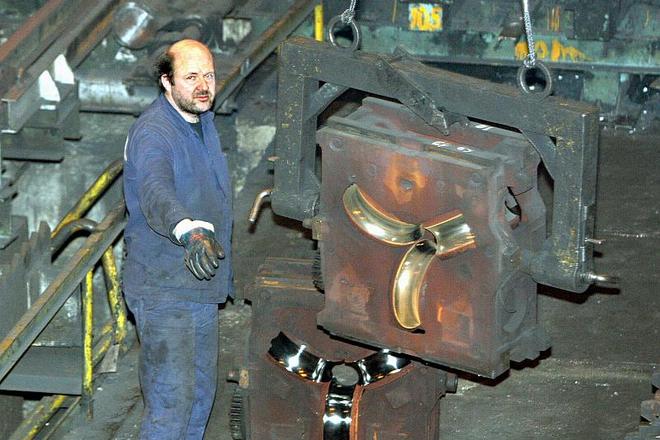In general, financial benefits are in no way a given. Receiving a bit of extra cash in the form of financial bonuses outside the scope of an agreed basic salary is not a common practice in businesses, Paylab salary survey has found out. It looked at how many employees receive a Christmas bonus (13th salary) and year-end bonuses and what is their average amount.
“Most employees can only dream about financial benefits at the end of the year,” Paylab wrote in its press release. “Employers more often choose other forms of non-financial benefits, such as Christmas dinners and parties, St Nicholas Day celebrations for employees’ children, small gifts or gift vouchers.”
They are most generous in central Europe
Christmas bonuses are usually a mandatory salary component agreed upon in an employment contract. They are mostly defined as a specific percentage of the basic salary and these extra funds are paid out with the December salary before Christmas itself.
Christmas bonuses are among the sample group most widespread in Croatia, where up to 44 percent of employees receive such a bonus, but the actual amount of the bonus itself is not so high. Typically, the bonus is around 23 percent of a Croat’s basic salary, which is a gross bonus of around €185 on average.
Christmas bonuses are also widespread in Slovenia, with a third of employees receiving one; the amount is a bit higher than in Croatia at roughly 31 percent of the basic salary (€422 on average).
In the Balkans, Christmas bonuses are a bit less common in Bosnia and Herzegovina (15 percent) and Serbia at 8 percent, but the percentages are much higher than in Croatia or Slovenia. In Bosnia, the Christmas bonus is 78 percent of the basic salary (€625) while in Serbia it is up to 86 percent of the basic salary (€481).
In central Europe, Christmas bonuses are a bit less common, but the amount of the bonus itself is much more generous. People can certainly look forward to a bigger shopping bill when they receive a gross bonus of €720 to €850 on average (except Poland where the bonus is not so generous). 19 percent of employees receive this bonus in Poland, 17 percent in Slovakia, followed by 14 percent in the Czech Republic and 13 percent of employees in Hungary. Hungarians receive the most generous bonus from all countries at up to 91 percent of their basic salary.
In the Baltics, 10 to 13 percent of employees receive a Christmas bonus, while the amount does not exceed a fifth of their basic salary, i.e. a gross bonus of €173 to €210. In the Nordic countries, a Christmas bonus is the least common in Finland, with only 4 percent of employees receiving one. The bonus itself typically does not exceed 21 percent of a Finn’s salary.
The Paylab salary survey was established by the biggest job portal Profesia in Slovakia in 2007.



 (source: Sme - Ján Krošlák)
(source: Sme - Ján Krošlák)